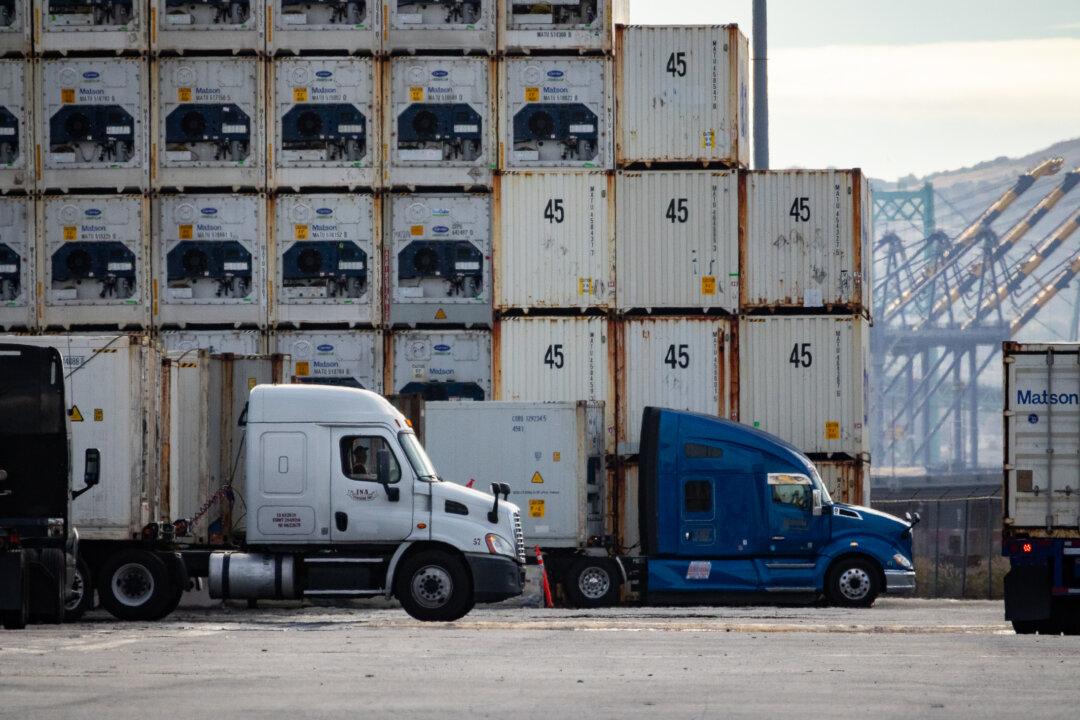The U.S. Department of Labor’s new final rule redefining who can be classified as an independent contractor takes effect next month.
The Biden administration says the new rule aims to protect workers misclassified as independent contractors and denied protections under the Fair Labor Standards Act (FLSA).





